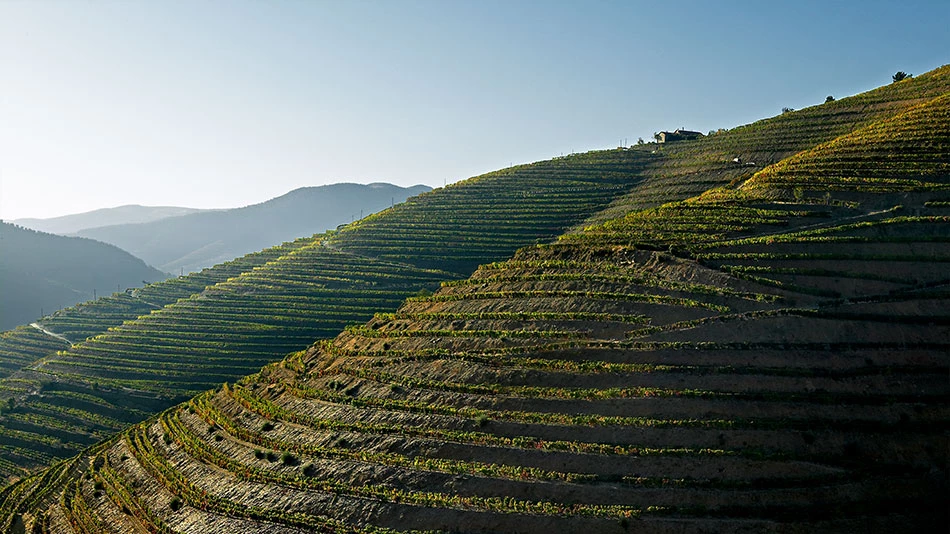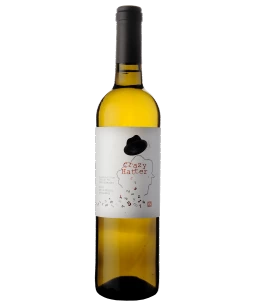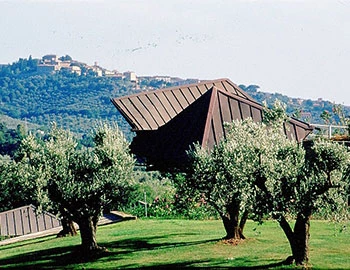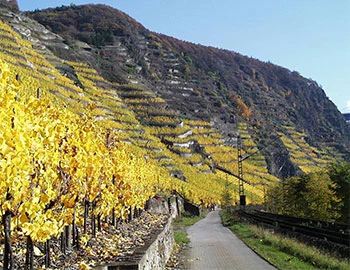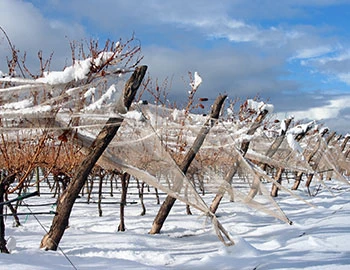Portugal
Portugal – Much more than port
Situated on the southwestern tip of Europe, this country is, despite its small size, blessed with a multitude of landscapes. Austere mountains alternate with green valleys and golden beaches. Vines have thrived against this backdrop for over 4,000 years, brought to the peninsula by Phoenicians, Greeks, and Romans.
Portugal has over 500 autochthonous varieties. The term derives from ancient Greek, and means roughly “of the land itself.”
White wines from Portugal
Red wines from Portugal
South wines from Portugal
Wine has been grown in Portugal since antiquity. Finding its way to Portugal in the second century CE, Christianity was overjoyed by Portuguese wines, integrating them quickly into its ceremonies. Viticulture stagnated, however, under Moorish rule, which lasted from the 8th to the 12th century.
The most famous wines
After Portugal gained independence in 1143, lively trade with England developed. Wine was sent to the kingdom by the barrel. Port wine had not yet been invented, coming first into fashion in 1678. A Liverpool wine merchant sent his two sons to Portugal to search for a mysterious spiritual person in the Alto Douro region who added Brandy to the local red wine during fermentation, resulting in a sweet wine that was high in alcohol. The English were very amused by this.
Today, the Alto Douro region is a UNESCO world heritage site. In fact, it’s the oldest protected wine growing region in the world. The more southerly region of Alentejo, with its plains that stretch as far as the eye can see, has also been declared a UNESCO world heritage site.
A small country of great contrasts
Portuguese wine growing is characterized by contrasts. The interior of the country produces mostly heavy, tannic red wines and port. In the cool, Atlantic climate of the north, however, you will find mainly white, light and crisp wines.
But it’s pointless to compare wine regions. They are all unique. And the number of top producers is only increasing across the entire country.
The economic factor
Wine provides jobs for 15% of the Portuguese population, and exports provide around 650 million euro a year. The trend is growing, as Portugal's former colonies, including Angola, Macau, and Brazil, are demonstrating increased interest in the drink.
Cork is also an important export. Portugal is responsible for around 75 percent of global annual production, so there’s a piece of Portugal in almost every bottle.
